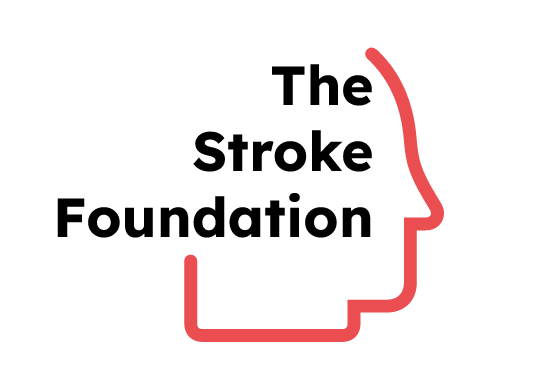Is It Time to Go Back to Work?
Everyone’s stroke recovery journey is different. For some, returning to work happens within a few months. For others, it may take a year or more—or involve redefining what “work” looks like entirely.
You might be ready to return to work when:
- You feel physically strong enough to manage daily tasks
- You’ve had time to adjust emotionally to life after stroke
- You’ve talked to your doctor or occupational therapist about your capabilities and goals
- You feel a desire to reconnect with work—not just out of necessity, but because it brings structure or purpose
It’s important to remember that work can take many forms. It may not look exactly like it did before, and that’s okay.
Talk to Your Care Team First
Before making any decisions, speak with your occupational therapist, neurologist, or rehabilitation specialist.
They can help assess:
- Your physical and cognitive readiness
- Any limitations to consider
- Potential accommodations or tools that could make work safer or easier
If your stroke impacted speech, mobility, vision, memory, or fine motor skills, your care team can help develop strategies—or even new skills—to support your return.
Talk to Your Employer Too
If you had a job before your stroke, open communication with your employer is essential. Returning to work isn’t just about showing up—it’s about setting realistic expectations that protect your health and support your success.
Consider asking about:
- A phased return (starting with half-days or reduced responsibilities)
- Work-from-home options
- Modified tasks if your old duties no longer match your current abilities
- Assistive technologies or workplace accommodations
Many employers are willing to make adjustments—they just need to know what you need.
Set Progress-Based Goals
Start small. Stay consistent. Celebrate wins.
If a task feels too overwhelming, try setting incremental goals with your care team or supervisor. For example:
If your job includes writing emails or reports, begin with writing for 10 minutes at a time. Add 5–10% more time or complexity each week as you build stamina and confidence.
Goal-setting helps you measure progress in a way that feels empowering instead of overwhelming. Every small step forward is a success.
Expect a New Rhythm
You may not be able to return to a full day of work right away—and that’s normal.
Fatigue, overstimulation, and emotional ups and downs are common. Make room for rest, both physical and mental. Rest can mean taking breaks, stepping away from screens, meditating, or simply pausing to breathe.
Let your coworkers and manager know what helps you function best. Clear communication fosters understanding and makes it easier to get support.
Be Kind to Yourself
The truth is, returning to work after a stroke isn’t just about earning a paycheck—it’s also about rebuilding identity, confidence, and independence. That journey takes time.
You may feel frustration. You may compare yourself to your old pace. You may worry about what others think. These feelings are valid—but they don’t define you.
What matters most is this: you are trying. You are showing up for your recovery. And that’s something to be proud of.
Final Thoughts
Going back to work after a stroke can be challenging—but it can also be healing. Work gives us structure, purpose, and often, a sense of belonging. If returning to work is part of your recovery goals, remember that you don’t have to do it alone.
Lean on your care team. Communicate with your employer. Go at your own pace.
And above all, be patient with yourself. Recovery isn’t a race—it’s a process.


%20(2)%20(1).png)

.png)

